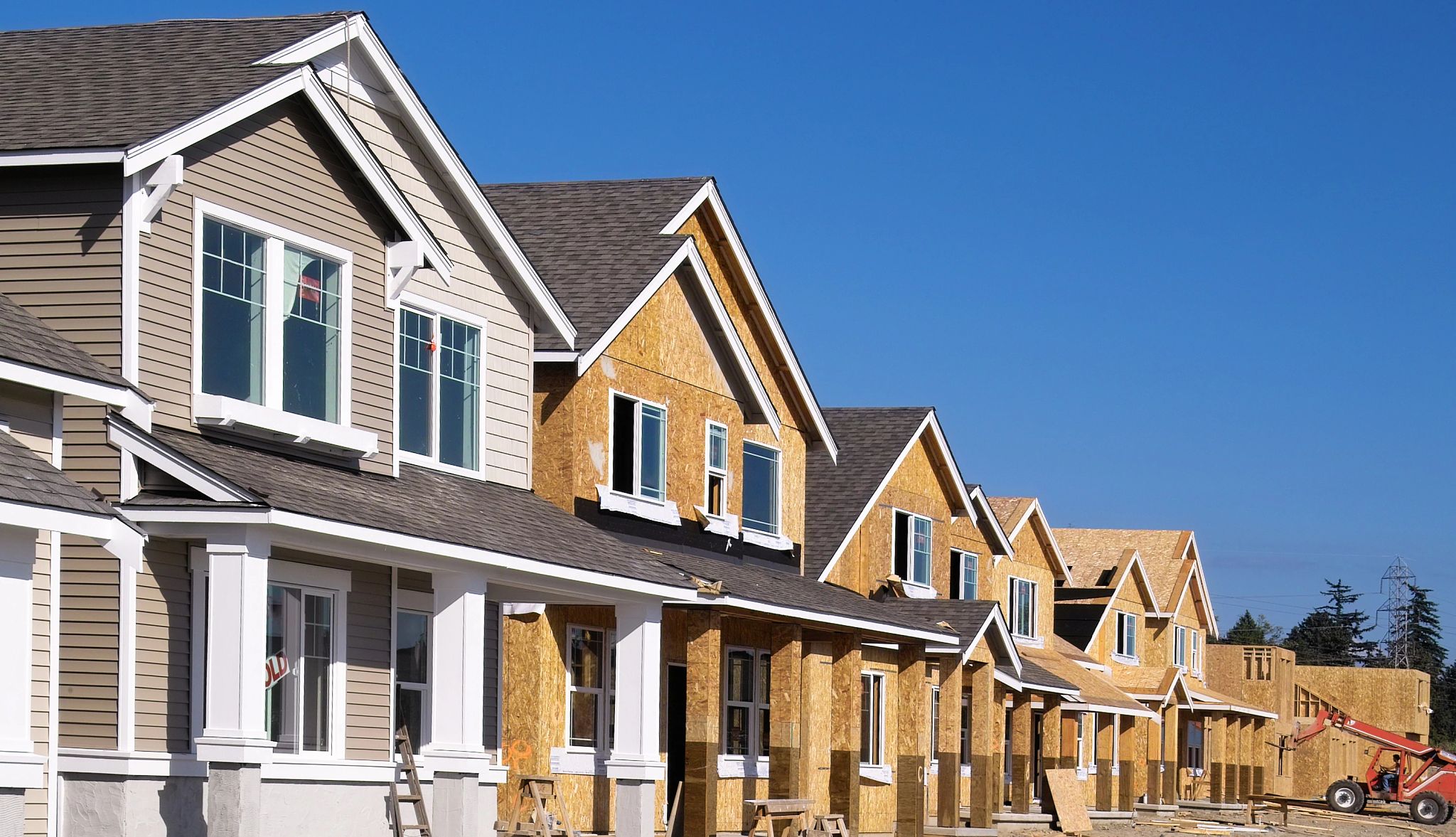AARP Hearing Center


The homestead you’ve lived in for the past 40 years has its charms, but it may not be the best place for the next stage of your life. Maybe you’d like to downsize, be nearer to family members or live in a more walkable neighborhood. Maybe now that the kids are grown, you want to escape your school district’s high property taxes. Maybe you’re tired of living in a place with an ailing furnace, leaky roof, drafty windows and an overall worn-out look.
So it may make sense to trade your place in for a newly built house, townhome or condo — or even one that right now exists only on paper. New homes likely have safer, stronger construction standards, greater energy efficiency and the latest safety features for older buyers, all without the worry of renovations and repairs. You have the chance to customize your home before you move in. And, as a bonus, you may even have a greater sense of community, bonding with neighbors who are new to the place themselves.
If you’re relocating, new construction may be your most realistic option. Inventory of older homes is tight; many homeowners with low-interest-rate mortgages would rather stay put than take on a higher rate. More than 33 percent of U.S. single-family homes for sale in the first quarter of this year were new construction, up from less than 10 percent a decade earlier, according to Redfin.
But buying a newly built condo or house can pose challenges unlike those that arise if you buy one that was previously occupied. Here’s how to protect yourself in the process — and get the best price.
Vet the builder
Let’s say you’ve seen an ad, building or development that looks promising. What next? Always check a builder’s references to gauge reliability and quality of work, says Joshua Correa, a custom home builder in Dallas. It helps to have a history: Has the builder been in business for a decade or only a year? Talk to past customers (the builder should be willing to make the introductions). Ask those residents to rate the overall construction quality and if there were significant delays or unexpected costs during the building process. Did they have any major issues after moving in? If so, how did the builder handle them?
If the new build is under construction, make an appointment to visit it or recent projects, so you can see the quality of the builder’s work. Builders should want you to stop by to see what they do, Correa says. Can they explain how long the construction process will take and what factors could delay it? They should be able to show you what the home will look like in two months and then four. Pay attention to the craftsmanship — does the brickwork look straight?
Ask the builder how long it will typically take from the time you sign a contract until the home is move-in ready, which is when your lender will agree to a closing. Now that the supply chain issues of the pandemic have eased, build times for a typical single-family home are anywhere from 4½ to six months, Correa says. The timeline for condos varies depending on the size of the development.































.jpg?crop=true&anchor=13,195&q=80&color=ffffffff&u=lywnjt&w=2008&h=1154)





























You Might Also Like
Tips to Find the Best Car for You
From making sure the screen text is large enough to having power seats, here’s what older drivers should look for
How to Sell Your Parents’ Home
Here are five steps to help you handle the logistical and emotional challenges of this difficult task
It’s OK to Spend Your Money
A financial planner explains the ‘4 percent’ rule, and a psychologist says living a bit can be good for your well-being
More Members Only Access
Enjoy special content just for AARP members, including full-length films and books, AARP Smart Guides, celebrity Q&As, quizzes, tutorials and classes
Recommended for You